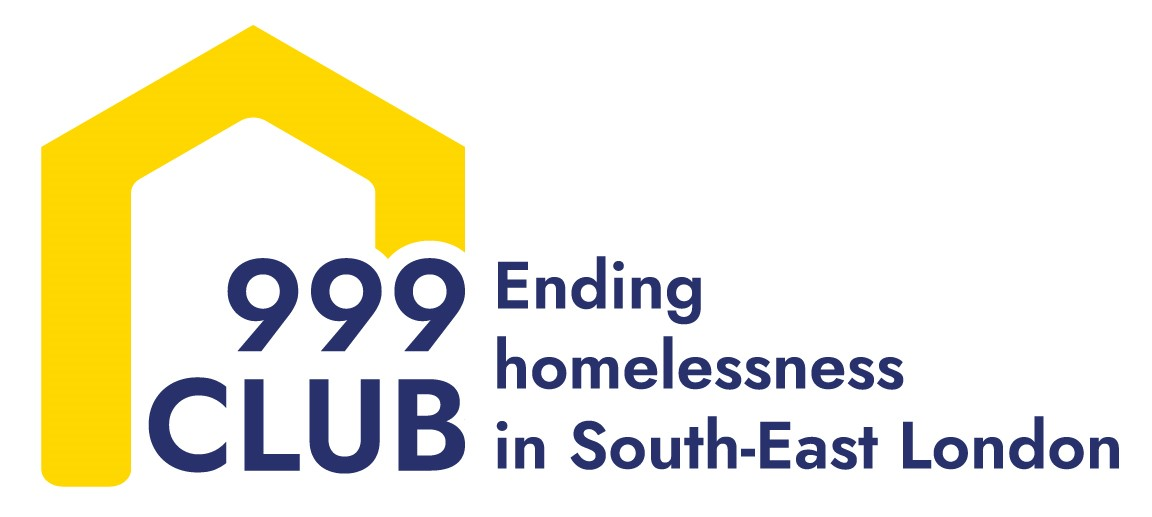Imagine you were hit by a van, and you broke your leg. A traumatic and devastating thing to happen. Now ask yourself, what would you do? You would call an ambulance and rush to hospital and get your limb seen to. What then? You might start the long process of rehab, undertaking recommended exercises, sometimes under supervision and sometimes independently. At what point would you ask, “what caused my broken leg”?
How important is it to know what caused the trauma? It depends who you are asking.
If you’re talking to the doctor who is helping you with your rehab, they will need to know a bit about how you broke your leg, but they only have a limited number of rehab techniques from which to choose and ultimately the focus of their work will be on these exercises, more than what caused the break.
If you’re the person with the broken leg, it’s perfectly obvious what caused it and it would feel a bit strange to be asked.
However, if you’re in charge of improving road safety, you should probably be aware that vans are breaking people’s legs and you should take this into account.
There is a similar situation with homelessness. There are endless discussions around what causes
homelessness, almost as many as there are definitions of homelessness.
Take three examples:
- Some say poverty causes homelessness
- Some say domestic violence causes homelessness
- Some say poor mental health causes homelessness
The list goes on. Inequality, the immigration or benefit systems, the labour or housing markets and so on and so on. The list of possible causes of homelessness is endless but they only get us so far and much of the discussion that they provoke can be something of a dead-end.
 For example, most people with low incomes or who misuse substances or who have poor mental health will not go on to experience homelessness. But some do. These factors certainly increase the chances that someone will experience homelessness but they do not guarantee it.
For example, most people with low incomes or who misuse substances or who have poor mental health will not go on to experience homelessness. But some do. These factors certainly increase the chances that someone will experience homelessness but they do not guarantee it.
How far does this get us? We may all agree that poverty, substance misuse and poor mental health are bad things, we may all agree that there should be less of them (although clearly some people do not agree) but few would say the sole or main reason for wanting to reduce poverty or anything else is to reduce homelessness.
From my point of view, poverty would be a bad thing even if it did not lead to homelessness!
If you are trying to prevent someone from experience homelessness or to help them escape from homelessness knowing what’s caused the situation is part of the start of the conversation, but only part and certainly not the end of the conversation.
Regardless of whether people are at risk of homelessness because of low income, substance misuse or poor mental health, a significant part of the solution is compassionate, consistent support that helps people achieve their goals and build on and develop their strengths.
The causes of someone’s low income or substance misuse or poor mental health may or may not be ‘structural’ but the support needs to be personalised to the individual, informed by their situation and background but not solely determined by it.
At the 999 Club we aim to provide a warm welcome to anyone that wants to escape homelessness for good. The number of people needing our help increases or decreases depending on a huge range of factors relating to what’s happening in the country at large. We support the people that use our services to make their voice heard including with politicians and others with the ability to set policy and we personalise our support, working with the individual as a person not a label.
I look forward to speaking with you again soon.
Tom Neumark
CEO
999 Club

